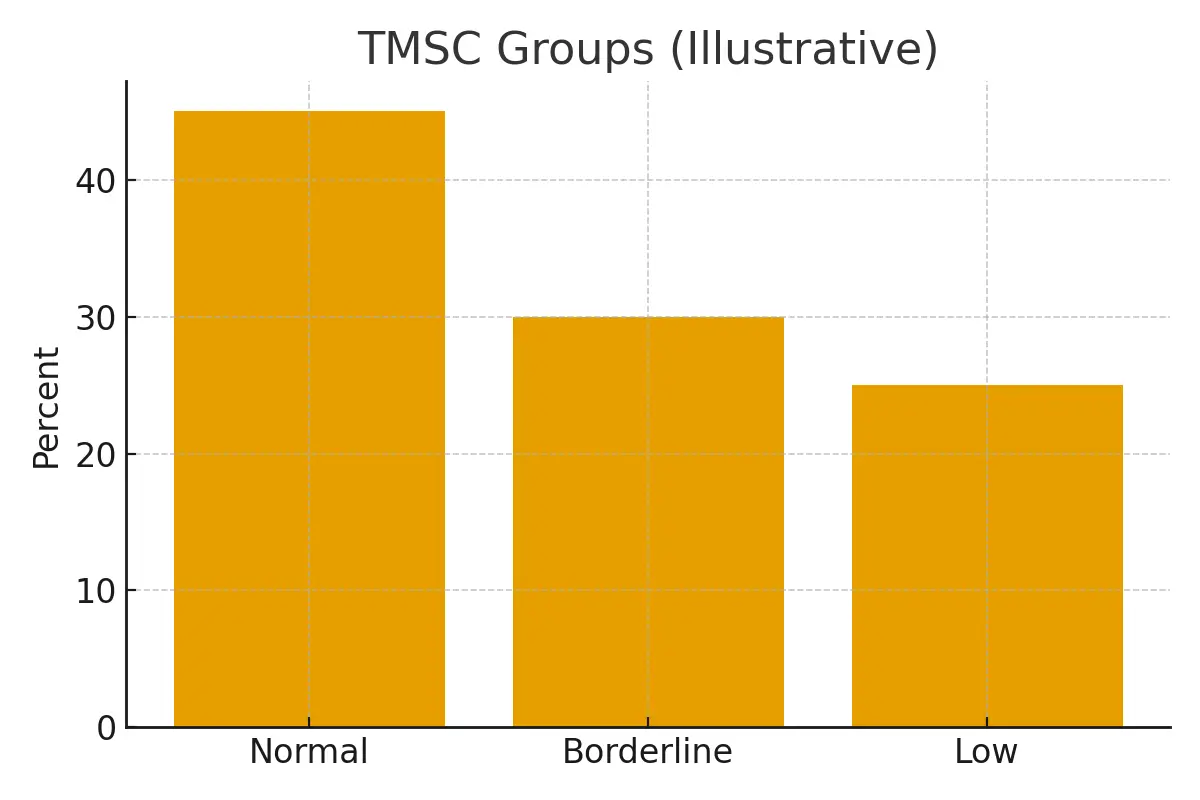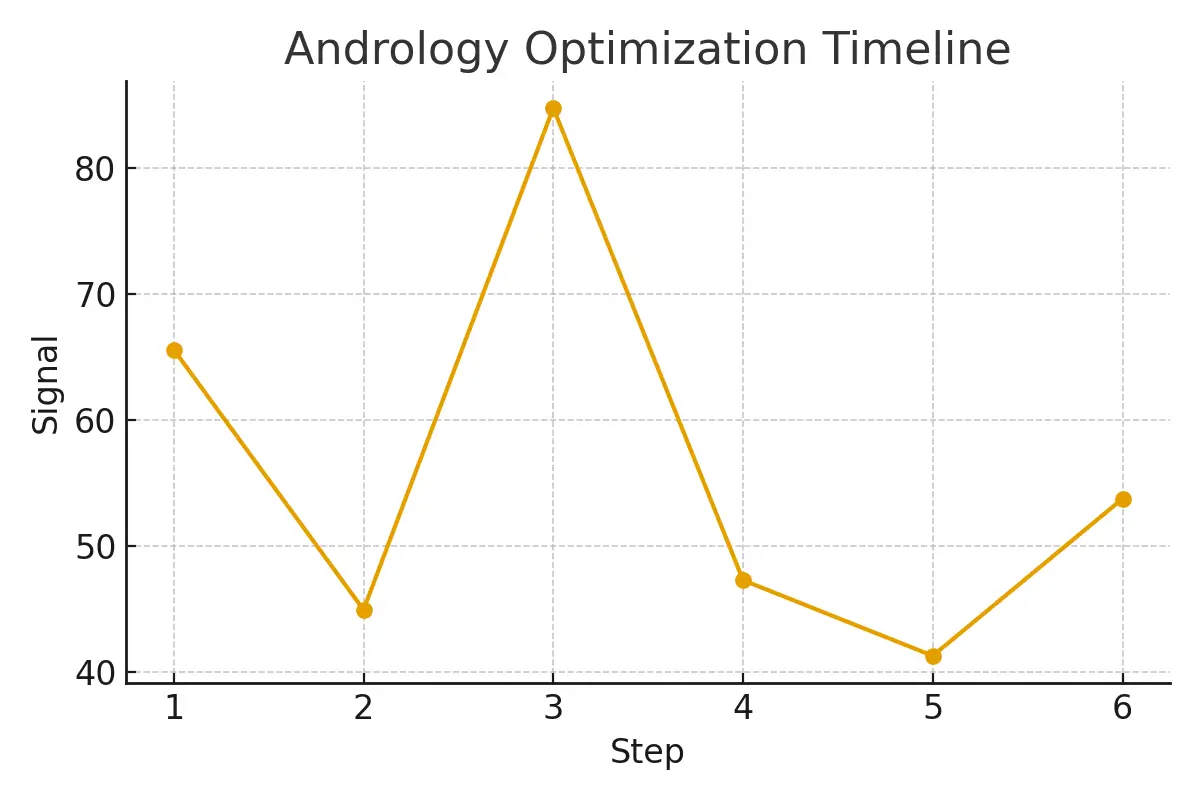
Fertility challenges can be complex, and sometimes, the answers aren’t as straightforward as hormone levels or semen counts. One often-overlooked factor in male fertility is sperm DNA fragmentation — a measure of the integrity of genetic material carried by sperm. For couples undergoing IVF or fertility evaluations in NYC, understanding when to test and what to do about sperm DNA fragmentation can improve success rates, reduce unnecessary costs, and simplify the overall patient journey.
Understanding Sperm DNA Fragmentation
What It Is and Why It Matters
Sperm DNA fragmentation refers to breaks or damage in the DNA strands within sperm cells. Even when sperm count, shape, and movement appear normal, fragmented DNA can lead to poor embryo development, failed implantation, or early miscarriage during IVF cycles.
Where This Fits in the Fertility Journey
Testing for sperm DNA fragmentation usually comes after initial fertility evaluations show inconclusive results or repeated IVF failures. It’s part of the broader Fertility Testing & Diagnostics pathway, helping clinicians identify hidden causes of infertility and optimize treatment timing.
Who Should Consider Testing
Eligibility Signals
You might consider sperm DNA fragmentation testing if:
- You’ve had two or more failed IVF cycles with good-quality embryos.
- There’s unexplained infertility despite normal semen parameters.
- You’ve experienced recurrent pregnancy loss.
There’s been exposure to toxins, heat, or lifestyle stressors (smoking, poor diet, or obesity).
You’re over age 40, as DNA damage risk rises with age.
When to Escalate or Pause
Suppose prior tests are inconclusive or the cause of infertility remains unclear. In that case, this test helps determine whether to move forward with IVF, ICSI (Intracytoplasmic Sperm Injection), or lifestyle interventions before restarting treatment.
Step-by-Step: Testing and Timing Checkpoints
Initial Consultation: Discuss your fertility history with your doctor or clinic.
Sample Collection: A semen sample is analyzed using advanced lab techniques such as the TUNEL, SCSA, or Comet assay.
Results & Interpretation: DNA fragmentation levels above 30% are typically considered high, signaling potential challenges with embryo quality.
Treatment Adjustments: Depending on results, options may include antioxidant therapy, lifestyle changes, or using testicular sperm for IVF (which may have lower DNA fragmentation).
Retesting: After 3–6 months, retesting helps confirm improvements and guide next steps.Proper timing — between cycles or before treatment — ensures more accurate results and better outcomes in your fertility journey.
Pros, Cons, and Practical Costs
Benefits
- Identifies hidden male-factor infertility.
- Improves IVF and ICSI success rates.
- Guides personalized treatment decisions.
- Reduces the emotional and financial strain of repeated failed cycles.
Limitations
- Not always part of standard fertility testing.
- Some variability exists between testing labs.
- Treatment benefits depend on the underlying cause.
Estimated Costs
In NYC, sperm DNA fragmentation testing typically costs between $350–$700, depending on the fertility clinic and lab. Line-item examples include:
- Testing fee: $400
- Consultation and interpretation: $150
- Follow-up review or repeat test: $100–200
Understanding upfront costs helps keep your patient journey transparent and predictable.
Outcome Drivers: What You Control vs. What You Monitor
You Control:
- Lifestyle choices: Quit smoking, reduce alcohol, and maintain a balanced diet.
- Sleep and stress: Better sleep patterns and reduced anxiety can lower DNA damage.
- Supplements: Antioxidants like CoQ10 and Vitamin C can support sperm health.
You Monitor:
- Lab quality: Choose clinics with advanced diagnostics and proper sperm handling protocols.
- Timing: Align your testing and treatment cycles to avoid unnecessary delays.
- Consistency: Repeat tests only when advised to confirm improvement trends.
Key Questions to Ask Your Clinic
- How will sperm DNA fragmentation testing impact my IVF plan?
- What treatment options exist if my results are high?
- Does the clinic use testicular sperm in severe cases?
- How does your lab ensure quality control during analysis?
- Are costs for testing included in fertility packages or billed separately?
Expert Insight
“Protect timing and keep plans simple — quality improves when noise goes down.”
— Clinical Team
Patient Case Study
A Manhattan couple faced two unsuccessful IVF attempts despite healthy embryos. After a sperm DNA fragmentation test revealed high DNA damage, their clinic recommended antioxidants and switching to testicular sperm retrieval. Within four months, embryo quality improved significantly, and their third IVF cycle led to a successful pregnancy. Aligning testing, timing, and expectations streamlined their care and restored confidence.
Testimonials
“The steps finally made sense.” — A.&J., Manhattan
“Costs were clear; no surprise bills.” — L., Hoboken
“Nurses replied fast with practical coaching.” — K.&V., Queens
Next Steps with Surrogacy4All NYC
At Surrogacy4All, we believe fertility care should be simple, transparent, and compassionate. Our IVF and fertility programs in NYC emphasize individualized diagnostics — including sperm DNA fragmentation testing — to improve success rates and manage costs responsibly.
If you’re navigating your patient journey, take the next step with our expert team:
Book a free 15-minute nurse consult, upload your latest lab results for a second opinion, and receive a personalized cost breakdown for your fertility plan.
Frequently Asked Questions (FAQs)
Q. What is sperm DNA fragmentation, and how does it affect IVF?
Ans. It measures DNA damage in sperm. High fragmentation can reduce embryo quality and IVF success rates, making testing valuable for couples with unexplained infertility.
Q. When should I consider sperm DNA fragmentation testing?
Ans. After failed IVF cycles, recurrent miscarriages, or unexplained infertility — especially if you live in NYC and want to improve treatment outcomes.
Q. How much does sperm DNA fragmentation testing cost?
Ans. In NYC, the cost ranges between $350 and $700, depending on your clinic’s lab and follow-up requirements.
Q. Can lifestyle changes lower sperm DNA fragmentation?
Ans. Yes. Healthy habits like balanced nutrition, exercise, and antioxidant supplements can help reduce DNA damage and improve fertility.
Q. Where can I find fertility specialists in NYC who offer this test?
Ans. Surrogacy4All offers advanced diagnostic fertility services, including sperm DNA fragmentation testing, to help improve IVF success rates and guide your fertility care plan.

Dr. Kulsoom Baloch
Dr. Kulsoom Baloch is a dedicated donor coordinator at Egg Donors, leveraging her extensive background in medicine and public health. She holds an MBBS from Ziauddin University, Pakistan, and an MPH from Hofstra University, New York. With three years of clinical experience at prominent hospitals in Karachi, Pakistan, Dr. Baloch has honed her skills in patient care and medical research.






